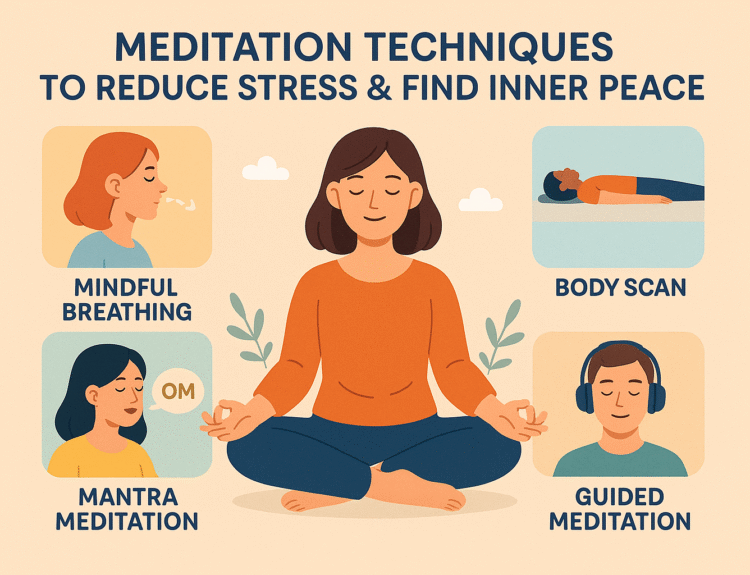Understanding Sleep Disorders
Sleep disorders are conditions that disrupt normal sleep patterns, leading to poor sleep quality and daytime fatigue. They can affect physical health, mental well-being, and overall quality of life. Identifying the type of sleep disorder is crucial for proper diagnosis and treatment.
Common Types of Sleep Disorders
1. Insomnia
- Symptoms: Difficulty falling or staying asleep, waking up too early, daytime fatigue.
- Causes: Stress, anxiety, poor sleep habits, medications.
2. Sleep Apnea
- Symptoms: Loud snoring, gasping for air during sleep, morning headaches.
- Causes: Obstructed airways (obstructive sleep apnea) or brain signaling issues (central sleep apnea).
3. Restless Legs Syndrome (RLS)
- Symptoms: Uncomfortable leg sensations, urge to move legs, worsened at night.
- Causes: Genetics, iron deficiency, pregnancy, or chronic diseases.
4. Narcolepsy
- Symptoms: Excessive daytime sleepiness, sudden sleep attacks, sleep paralysis.
- Causes: Genetic factors, low levels of hypocretin (a brain chemical regulating wakefulness).
5. Circadian Rhythm Disorders
- Symptoms: Difficulty sleeping at conventional times, excessive sleepiness.
- Causes: Shift work, jet lag, irregular sleep schedules.
6. Parasomnias (Abnormal Sleep Behaviors)
- Symptoms: Sleepwalking, night terrors, sleep talking.
- Causes: Stress, genetics, sleep deprivation.
Effects of Sleep Disorders on Health
Chronic sleep disorders can lead to:
- Increased risk of heart disease and diabetes
- Memory and concentration problems
- Mood disorders like depression and anxiety
- Weakened immune system
When to See a Doctor
Consult a healthcare provider if you experience:
- Persistent sleep problems
- Excessive daytime sleepiness
- Loud snoring with breathing pauses
- Uncontrollable leg movements at night
Conclusion
Sleep disorders can significantly impact daily life and long-term health. Early diagnosis and treatment—such as lifestyle changes, therapy, or medication—can improve sleep quality and overall well-being.
Share this content:








